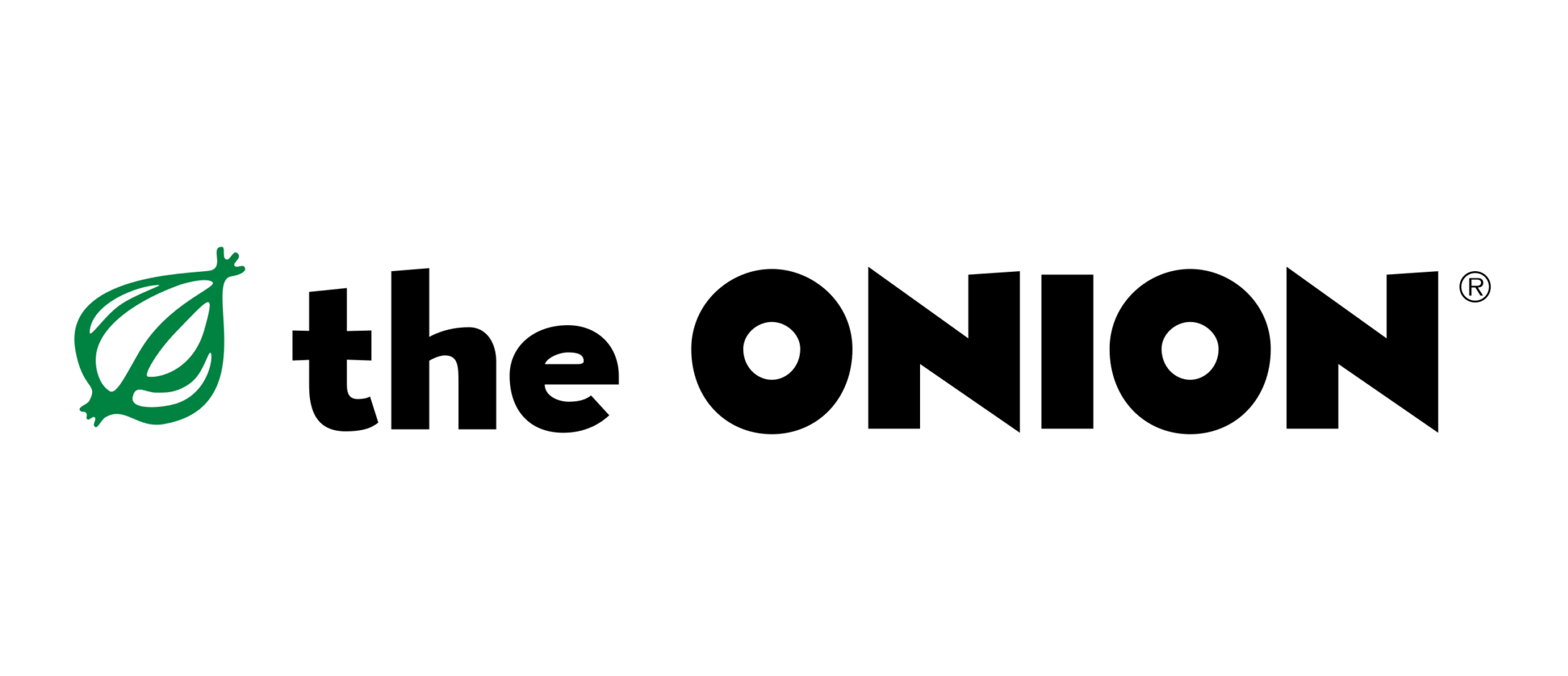It takes a certain kind of advertiser to want to promote its brand alongside a headline like “RFK Jr. Greets Trick-Or-Treaters With Big Bowl Of Ape Glands.”
That’s a real headline on The Onion, by the way.
It’s no surprise, then, that the satirical news site has to get creative with its marketing and monetization, CMO Leila Brillson told AdExchanger.
Unlike other well-known publishers, name recognition doesn’t automatically make The Onion a desirable advertising partner. Or, rather, it depends.
“A lot of entertainment brands love working with us, plus cannabis brands and alcohol brands – that sort of thing,” Brillson said. “But we haven’t even been pursuing CPG clients, because our content is very difficult to live next to.”
Instead, The Onion makes most of its money through brand partnerships, including on social, and also runs an in-house agency, launched in May, that helps brands devise their own funny Onion-esque content strategies.
And The Onion’s unbothered attitude and unbridled confidence seem to be working. “We market ourselves by punching super above our weight,” said Brillson, adding that she’s not “particularly concerned with” ensuring that The Onion’s content is getting in front of the “right” people.
“I am interested,” she said, in building “more and more awareness.”
Brillson spoke with AdExchanger about The Onion’s marketing strategy and the unique challenges – and opportunities – that come along the way.
A lot of the “ads” on your website are also satire, rather than actual ads. So, how do you monetize?
We have two different workstreams. The first [are brands that] want to be adjacent to The Onion.
But that’s a tricky line to walk for a lot of advertisers, because we’re news, right? And not only are we news, but we like to look at some of the more hard-hitting conversations. You have to want that really dedicated, online, connected audience that we have on our site, but you also have to be able to play in The Onion’s world.
Our audience skews younger male. We have a really, really sought after demographic. But to play with them, you have to play with us, and you have to give us something they would find entertaining.
The other way we monetize is through our white label, in-house agency that acts as a creative arm with The Onion approach.
What does “The Onion approach” look like?
Something a little more unusual, unexpected, humorous – thinking that you’re not used to. Some of that can be through brand work and some can be through advertising. A lot of it is social and copywriting.
Just like The Onion shows up in really unexpected ways, we figure out how to do that for your brand.
We think about the places where people want us to show up and where they don’t expect us to show up, and that’s really the most fun part of this job.
Can third-party advertisers buy ad inventory on your site?
Very rarely. We’ve really shied away from that. Most of our action is on social. We have integrated social, and we also have takeovers.
We’re lucky enough to be able to avoid larger click slop, like “this one cool trick” and that kind of horrible programmatic. On our website, we’ll often have a really funny ad, or it will be thematically aligned, like a comedy brand or an ad that our in-house agency designed.
Going back to the idea of showing up in unexpected places, what are some examples of that?
We recently DIYed a release of our short film about Jeffrey Epstein [called “Bad Pedophile”]. We were in theaters in over 30 cities. You’re not expecting The Onion to be in a movie theater – and, yet, there we are. We’re now listed on Fandango, a new platform for me.
We submitted our short to the Oscars this year. So, if you don’t see us nominated, it’s because the Academy is afraid of the truth.
Speaking of the content side, are you all leaning into AI at all?
Absolutely fucking not. Not in a creative space and not in a marketing space.
Do we use machine learning in, like, pulling a report? Sure, we’re a part of 2025. But no ideation, no creation. AI will not touch anything that human creativity is responsible for.
AI, for the most part, is just embarrassing. Ads made by AI? No one likes them. They’re not evocative.
AI is a system that takes all of the inputs and flattens them into a middle ground – and that does not make for good marketing. It makes for a good greeting card, maybe.
Where do you draw the line between machine learning and AI?
The problem is that AI is such a meaningless umbrella term. I can’t say we don’t use social listening tools, right? But we are not using social listening tools to tell us the kinds of things that we want to post online, because that’s something that you need human creativity for.
Do I want to say that the entire concept of artificial intelligence needs to be thrown out the window? I am not equipped to answer that. But I will tell you this: Keep it completely away from jokes.
This interview has been lightly edited and condensed.
For more articles featuring Leila Brillson, click here.














